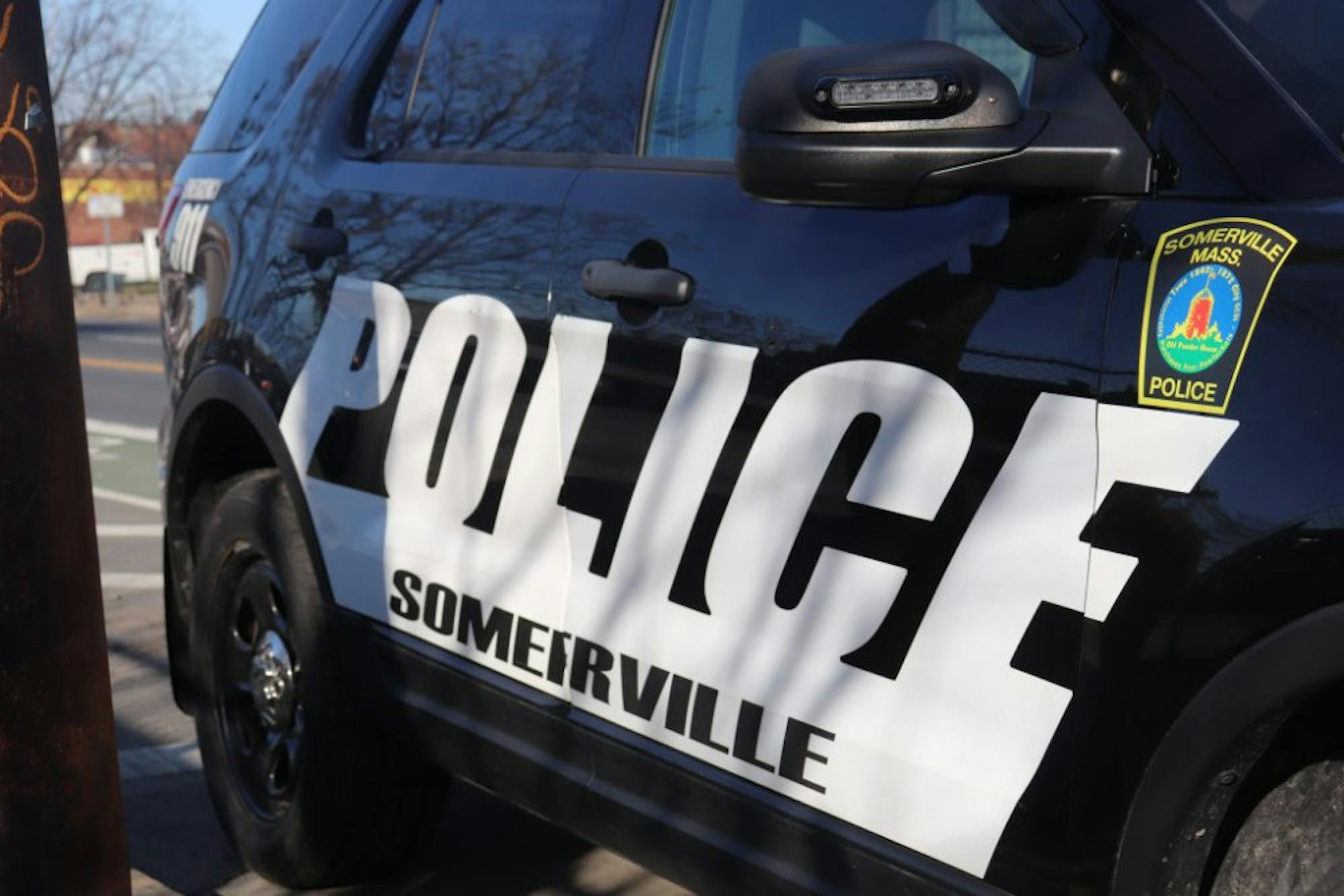The Somerville Police Department made its first annual surveillance technology report to the Mayor's Office on Oct. 15,allowing Somerville residents to see exactly what surveillance technology the city's police department is using.
In 2018, Somerville’s Ward 3 City Councilor Ben Ewen-Campen worked with the American Civil Liberties Union of Massachusetts tointroduce a city ordinance that would require the police department to obtain public approval from the city council for any new surveillance technology purchases.
“The purpose of this is so that there's transparency and accountability around these technologies,” Ewen-Campen said. “There were a few technologies that the administration [brought to the city council] for approval that the city council actually basically made it clear that we would not support.”
Emiliano Falcon-Morano is the policy counsel for the Technology for Liberty Program at the ACLU of Massachusetts. He has worked with the Somerville City Council over the past three years to draft and implement the ordinance as a part of the larger push by the ACLU to regulate surveillance technologies used by the government. He explained why the ACLU feels that transparency surrounding police surveillance technology is important.
“The problem is basically our surveillance technologies tilt the balance in favor of the government," Falcon-Morano said. "They are so powerful ... [and] they can collect massive amounts of data. That data can be aggregated and can be stored, [which] might have a kind of chilling effect [on] people that wouldn't exercise their rights because they know they're being surveilled.”
Falcon-Morano discussed the role of the surveillance report in rebalancing that power dynamic.
“The annual surveillance report is an essential part of that process created by the ordinance because that allows the city council and the community to basically know how that surveillance technology was used,” Falcon-Morano said.
The police department reported possessing eight pre-approved technologies. These include covert device cameras, which “are hidden in household devices such as an alarm clock, smoke detector or computer speaker”; GPS monitors that are placed on “bait” bicycles and packages to apprehend thieves; and homeland security cameras that are placed on traffic poles throughout the city. Out of the eight reported technologies, three of them went unused, including the covert device cameras and GPS monitors.
“I'm never 100% satisfied [with] surveillance technologies, but I guess we can push towards their control," Falcon-Morano said. "The report is useful because it says how and when [the technology] was used. So basically, if some technologies were not used that much, then we can start asking ourselves, 'Do we really need this if it is not being used?'”
The report estimates the annual cost of each surveillance technology, which it says includes "personnel and other ongoing costs." The most expensive of the technologies reported, a system called Advanced/Next Gen 911 that is used to “provide emergency services to individuals who have initiated a 911 call,” had a services budget of $1,128,609 for fiscal year 2021. The report does not state the purchase cost of the technology.
Ewen-Campensaid he feels satisfied with the technology approved by the council.
“I think if you look at the technologies that have been approved, they're a pretty good justification for why the police department wants to use them there for specific cases,” Ewen-Campen said. “None of these [technologies] are expensive or highly invasive.”
During a Nov. 4 Legislative Matters Committee meeting, committee chair and Somerville Ward 6 Councilor Lance Davisrequested additional information on the level of detail included in the report. Lieutenant Sean Sheehan of the Somerville Police Department said he would provide “any additional requested information and will work to make these reports more responsive in the future.”
“[The report] reflects an excellent step towards ensuring transparency and enabling us as citizens to know when and how this sort of technology is being used,” Davis said in a newsletter to his constituents.
During the same meeting, Ewen-Campen recommended that the types of crimes the surveillance technologies were used to monitor be reported. After noting that most of the crimes were traffic accidents, Lt. Sheehan said he would provide the information when possible.
“Just speaking for myself, I think that the process is working really well,” Ewen-Campen told the Daily. “I'll say I'm really thankful to the administration and the Somerville Police Department for the amount of work that they put into this over the last two years.”
Falcon-Morano stressed that Somerville's ordinance and this report are important tools for creating public oversight of the police department's use of surveillance technologies.
“These types of ordinances [are] providing public accountability, transparency, democracy,” Falcon-Morano said. “We want people to be involved. We believe that these decisions have to be taken collectively.”






